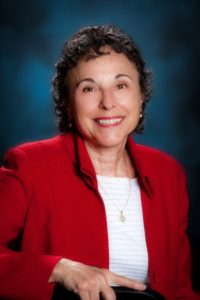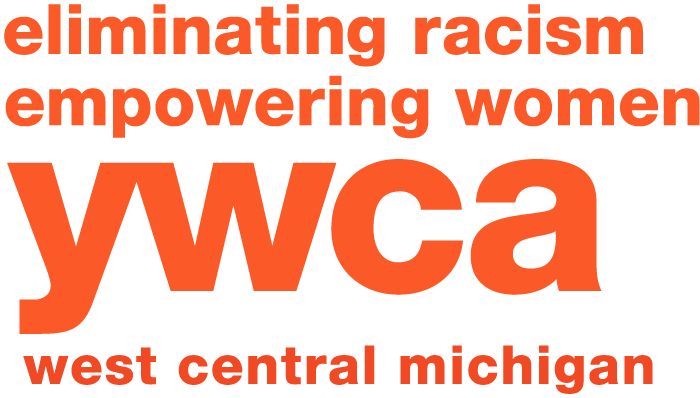SAAM Spotlight: Q&A with Dr. Barbara Wynn
 In honor of Sexual Assault Awareness Month, we are pleased to spotlight Dr. Barbara Wynn. Over the course of her career, Dr. Wynn has elevated the level of care patients in our community receive — particularly survivors of sexual assault. As medical director of the YWCA’s Nurse Examiner Program, she has been integral in ensuring survivors have a safe place to receive care that meets their unique needs.
In honor of Sexual Assault Awareness Month, we are pleased to spotlight Dr. Barbara Wynn. Over the course of her career, Dr. Wynn has elevated the level of care patients in our community receive — particularly survivors of sexual assault. As medical director of the YWCA’s Nurse Examiner Program, she has been integral in ensuring survivors have a safe place to receive care that meets their unique needs.
Tell us about yourself and your work with the YWCA.
I am an emergency medicine physician who has practiced in Grand Rapids since 1986, in the emergency departments of St. Mary’s Hospital and multiple Spectrum Health hospitals. I became medical director for the YWCA’s Nurse Examiner Program (NEP) when it first opened and have continued to be the medical director for the adult portion of the program.
Why was the Nurse Examiner Program started? Why not just do rape exams exams in the hospital?
My answer will reflect things from the provider perspective and is one of the pieces of a much larger puzzle. The primary motivators were patient centered, not provider centered but when all the players’ concerns were addressed, it turned out to be a big win for the entire community interacting with sexual assault victims.
From the provider perspective, evaluating patients in the emergency department was far from ideal. The environment, the interruptions, the challenges for chain of evidence, the lack of an assured followup pathway, the variability in provider experiences and knowledge created a level of care that was frequently not what everyone involved wanted. Additionally, criminal court was an experience that many providers had never encountered, weren’t prepared for, complicated an already disrupted biorhythm and therefore they were often reluctant witnesses. All of these factors encouraged the development of a situation that was different from what had existed for decades.
The Nurse Examiner Program is designed around the needs of patients who have just experienced sexual assault.
How has the Nurse Examiner Program changed, evolved, and expanded over the years?
The technology and techniques we employ in performing the exams has changed as the science of forensic medicine has changed. The NEP now has partnered with other community organizations and we perform both acute and non-acute forensic exams on children. Recently, we established a reliable pathway with Spectrum Health to ensure followup for most of our patients that are candidates for HIV prophylaxis, something we have been struggling with for a long time. Many members of our program have attained certification, become involved in research, presented at national conferences, and helped shape things through state and national organizations.
-Why are Nurse Examiner Programs, like the YWCA’s, important? To survivors? To the community?
Programs such as our NEP provide a consistent, state of the art, level of care to the survivors, an easy pathway to treatment and followup care, a known quantity for law enforcement and prosecutors to interact with, a dedicated group of providers who can adjust the care based on changing evidence, and a recognition that sexual assault is a concern not just for the individual, but the entire community. This changes the focus so prevention can be seen as a responsibility for the community as a whole.
What would you most want a survivor to know about coming to the Nurse Examiner Program for an exam?
I would want an individual to know that this is a victim centered program that accepts all comers regardless of gender identity, age, circumstances surrounding their assault, underlying health concerns, or financial resources or lack thereof. It is staffed by well educated, committed, caring individuals who are providing their expertise because they believe survivors deserve the best care possible given whatever situation has brought them to the NEP.
How have you seen changes over the years in the way people understand and are aware of domestic and sexual violence in their community? What is your hope for the future?
I believe there have been significant changes in the interactions between law enforcement, prosecutors, health care providers and victims of sexual assault that are positive. I believe many of these changes are due to improved education and communications. Of course, things can always improve but the glass is certainly more than half full compared to 1996.
My hope for the future is that we will learn what can be done to prevent interpersonal violence of all sorts, commit resources to change, and create a world where everyone feels safe in their environment. Barring that, we will need to continue to support, shelter, and treat those individuals who are survivors and just trying to make it to the next day.
